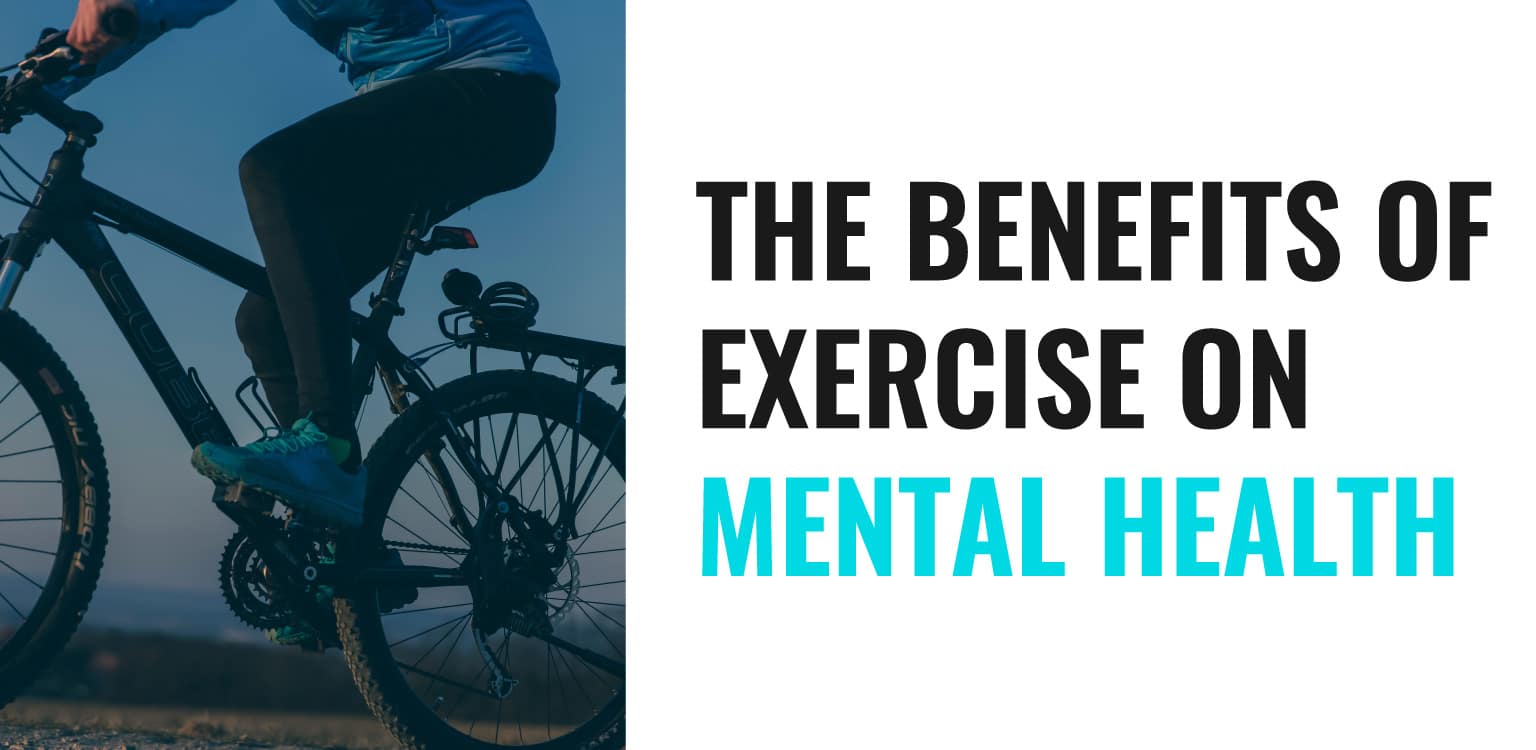Last week I was approached by Elixir on Instagram (@elixir_in). They are a group of mental health practitioners that provide online mental health counselling absolutely free of cost! I was honored when they requested me to record a video for them explaining the benefits of exercise on mental health. Since this topic doesn’t receive much attention, this week’s article speaks about the same.
Mental health fascinates me for 2 reasons – firstly, at the time of this writing, I possess a bachelor’s degree in Psychology. Secondly, clients with better mental health are also healthier which is why I am always looking for research to see how it can be improved. Exercise happens to be one of them. Since the decision to exercise is under your voluntary control, you can reap the benefits of exercise on mental health. Here’s the video which I recorded with Elixir. Watch the entire video or read the article instead 😉
Defining Mental Health
Mental health is not restricted to just disorders like depression and anxiety. It also includes general mental wellbeing. Self-esteem, attention, memory, problem-solving etc. also form a part of mental health. To put it another way – you don’t consult a doctor only when you have major diseases like pneumonia. You seek treatment even if you are suffering from minor issues like the common cold.
Similarly, you don’t need to have a full-blown mental health disorder to speak to a therapist. It’s ok to undergo therapy even when it’s about little things like an argument with a friend, dealing with one-sided love or that one time when I made a complete fool of myself in my chemistry class. Ok, maybe that last one was a little too specific, but you get the idea.
Exercise Affects Mental Health
Many factors affect mental health. One such factor, which doesn’t receive enough attention, is exercise. There are already plenty of reasons to exercise frequently. We already know that exercise improves physical health in many ways. For example, it strengthens immunity, something that I discussed briefly in my blog post on the coronavirus.
Improved physical health also improves mental health for many people. I mean, when was the last time you said, “I would be so much happier if I were weak and tired all the time!”. Although if you do find yourself saying that, please contact your nearest therapist ASAP!
The Benefits of Exercise to Mental Health
Exercise benefits various areas of mental health such as –
- Cognition – Cognition refers to how the brain processes information. It studies areas such as learning, thinking and memory. There’s a lot of research which shows that exercise enhances cognition. For example, physically active elderly women have better cognition than women who are sedentary.
- Mood – It was found that 6-months of lifting weights, improves mood and reduces anger in the elderly (grumpy grandpas, please make a note). When you think of exercise you might think of only gym-based workouts, but simply walking more can also be counted as exercise. This study found that a walking program improved the moods of women.
- Quality of Life – Feeling unsatisfied about your life? It might be an outcome of a reduced quality of life (QOL), which refers to how satisfied you feel about your life. QOL is subjective as it is a matter of perspective. If you are focusing only on the things that you don’t like about your life, then your QOL might seem like it is in the dumps. Exercise seems to improve QOL in young adults and it might even help you see your silver lining!
- Stress – Stress is closely linked with bad QOL. Your body reacts to stressful situations by increasing the stress hormone cortisol, giving you the ‘fight or flight’ feeling. One study found that yoga reduced cortisol and perceived stress in young adults.
Exercise and Stress
That final point on how exercise can reduce stress and cortisol is ironic because exercise itself is shown to increase both stress and cortisol. And if stress is bad for the body, how can increasing stress reduce it? That’s like saying eating more fishes will save fishes. All our lives we have been taught to keep stress levels low by parents, gurus and therapists alike. Yet, the very premise of this post – exercise reduces stress, seems to contradict itself. Which gets me to my next point about how exercise can possibly do this.
The Hormesis Theory
This theory arose from the field of toxicology and has played an important role in understanding evolution. In simple words, the Hormesis Theory states that if you expose an organism to a moderate amount of stress for short intervals of time, the organism adapts to the stress so that it can respond better the next time it gets exposed to it.
In the context of this post, exercise causes stress to mental health. Since exercise is generally done for a short period of time, mental health adapts to it with every exposure. A good analogy to understand this better is vaccines, where you expose the body to a non-lethal version of an organism which boosts the immune systems defences against it.
Conclusion
Most of the time we think only of the physical benefits of exercise. If that wasn’t enough to motivate you, you now have a very compelling reason to start exercising today.
Don’t forget to check out Elixir on Instagram. Free mental health services such as Elixir’s are now more important than ever, especially for those that cannot afford them. Please share their page to help them reach people who need them.




